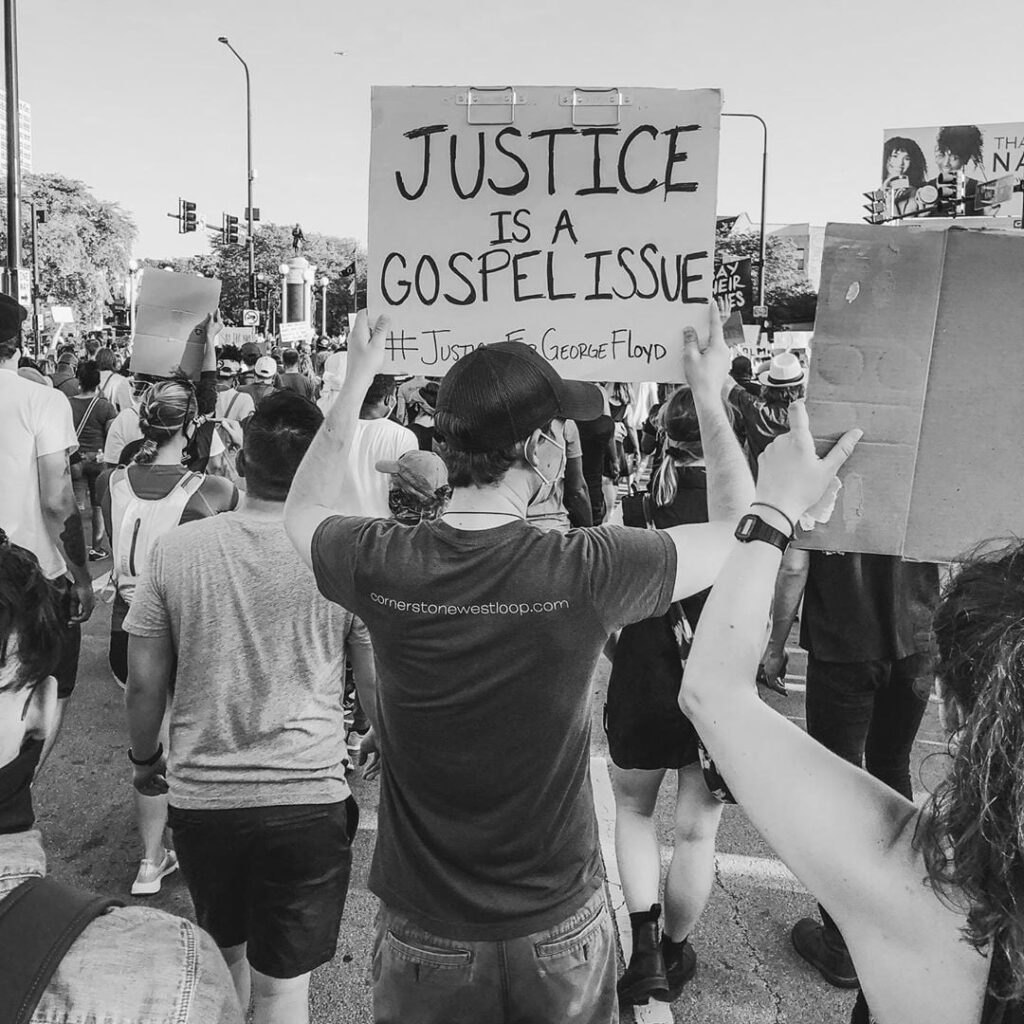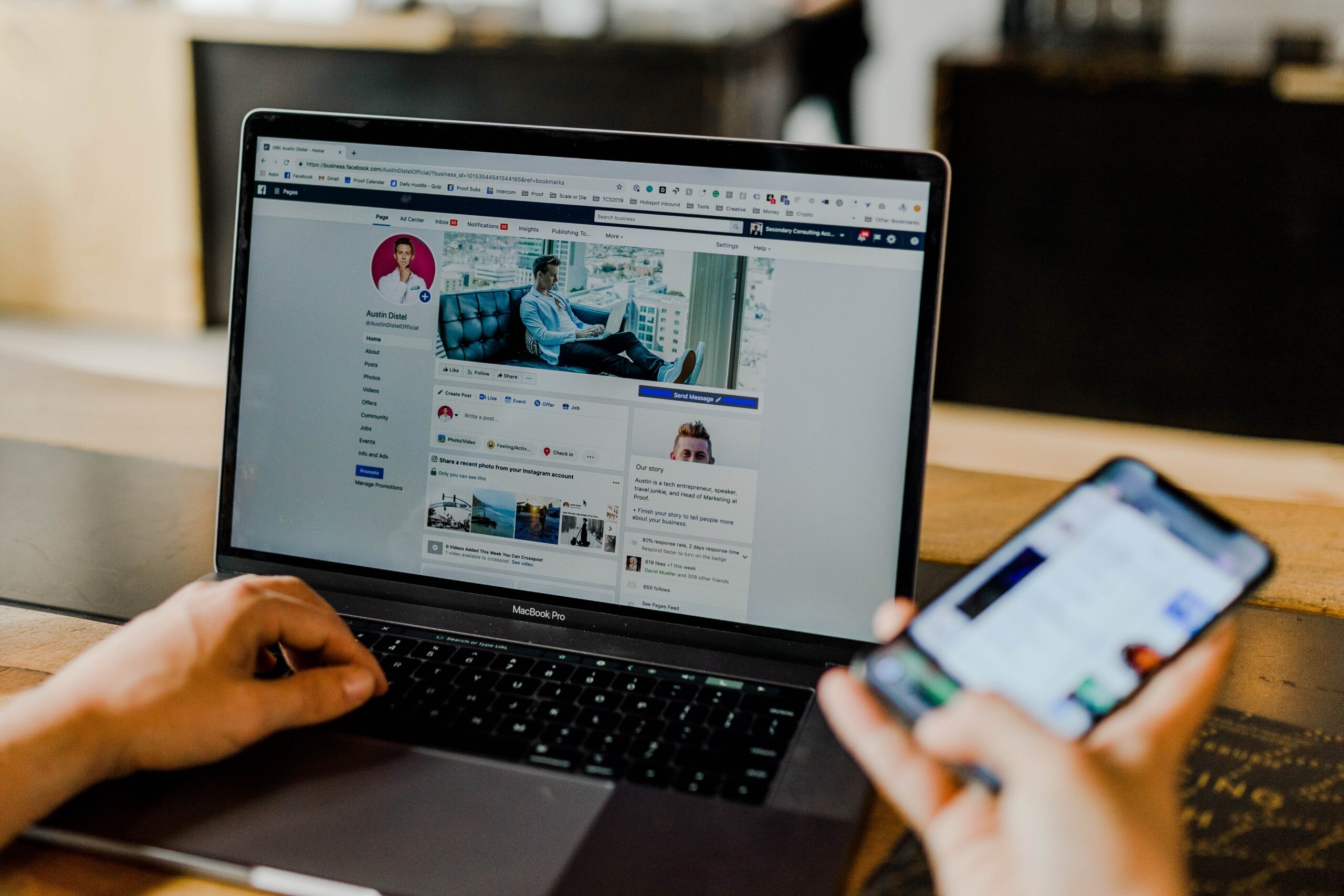First, let me say that it is good—even vital—to engage in this conversation and be exposed to others’ perspectives. In our online age, public posts are an important means of advocacy and showing support. Personally, I’ve been thrilled to see so many of our people at Resurrection posting with hearts tuned to God’s heart for justice.
Now, here’s the hard part: the very nature of social media lends itself to actions that are performative in nature, as opposed to true heart change which is best developed in our minds and imagination during quiet periods of reflection. We actually need time away from the constant cycle of news and opinions in order to become the kind of people who can truly bring about change in society.
If you want to be part of change, it’s going to take a lot more than a social media post. It’s going to take your whole life. Racism thrives in hiding. It’s going to take a lifetime of listening to people of color, a lifetime of humility and opening yourself to see what is uncomfortable to see, a lifetime of asking the Lord, “Give me eyes to see! Ears to hear! And courage to do what is in my power to do!”
Right now, because we all feel helpless and want to do something, there’s tremendous pressure to “not be silent” on social media. And so we post and tweet. Then we post and tweet responses to those posts and tweets. We want to say the right thing with the right words and that means absorbing more ideas and posts and tweets to say the new right thing with the new right words. As I said, there’s a place for all of that. It is absolutely good to speak up on behalf of the oppressed.
But there’s also a problem: you’re not made for social media, especially not 24/7. In five minutes of checking Instagram Stories or Twitter, you interact with literally hundreds of people with hundreds of perspectives feeling hundreds of emotions. How can you attend to all of these ideas and feelings? You can’t. You’re made for face-to-face interactions and relationships where you can respond, empathize, pray, encourage, and love. Social media doesn’t give you those opportunities and so it can be incredibly emotionally draining—not just because of the content, but because of *the way* that content is coming to you in a disembodied manner.
And what do you do with all the contradictory voices you hear? One post says, “White people need to shut up and listen to black voices” and the next says, “White people need to stop expecting black people to explain racism to them.” There’s helpful advice in both statements, but the wise response depends on the context of your relationships with particular people—a context that doesn’t exist in the vacuum of Instagram or Facebook.
There’s another problem: Shame. We feel ashamed if we don’t post. We feel ashamed if we post the wrong thing. We feel a compulsive need to get rid of shame by posting the right things at the right time. But can you really free yourself from shame? No. You’ll have to go and post again, and again, and again. Each time you do, you feel a little better, like you’re becoming part of the solution. But, shame creeps back and you need to get on again to hear the latest and repost. Did you notice what just happened? Your effort to become part of the solution has become an effort to feel like you’re part of the solution. Posting has become about you, not those who are suffering. That’s not your fault; it’s part of the design of social media. But you see the problem, right? We need to advocate, but it should happen for the right reasons.

Moreover, shame isn’t helpful. When we feel ashamed, we don’t learn and we’re not really listening—we’re just responding to fear of being called out. What we want to feel is conviction that leads to repentance, not shame that leads to hiding or a desperate attempt to show others that we’re woke and part of the solution. Conviction has to come from the heart and you need time away from social media to experience it.
Finally, let’s be real: talk is cheap. Of course, social media is an important means of advocacy and showing support. It’s a great place to speak up and let people know what we care about. But, we need more than social media. The reality is, this is a long, long fight we’re gearing up for. For most of you, what you need is probably not another post, but to stop and seek the Lord’s face.
Now, those of you who are white might feel guilty about that because, “People of color can’t escape injustice! Why should I checkout from social media just because I have the privilege to do so?” That too, is the voice of shame, not conviction. It’s absolutely correct that we, especially those of us who are white, need to engage hard realities of injustice and pay attention to the world around us.
But the other reality is that you’re simply not wired for 24/7 conversation about injustice, especially if you’re particularly sensitive to the suffering of others, and even more if you’ve personally experienced racism and discrimination You need times to disengage from your phone and commune with the Lord and family and friends, *so that* you can re-engage when you’re ready. I don’t say this out of concern that you would feel uncomfortable. I say it out of concern that you’ll run out of gas in your tank—and we need you.
So what is the next step? My first encouragement for you is to limit your time on social media and the news to just 15 minutes a day, and then do something embodied with your extra time: read a book about the history of racism in the United States or a novel with a person of color as the main character. Fiction is an incredible tool for stepping into the experience of someone different than yourself.
Second, if you’re reading this before June 6, join me at the upcoming Rally for Racial Justice in Wheaton on Saturday at 1:00pm. This event was organized by one of our longtime Resurrection members, and I’d love to see you there. You can learn more here.
So buckle up! We’re not going to solve racism overnight, but we can use this time as an opportunity to begin the long journey of costly obedience to Jesus on behalf of all our neighbors who face discrimination.





